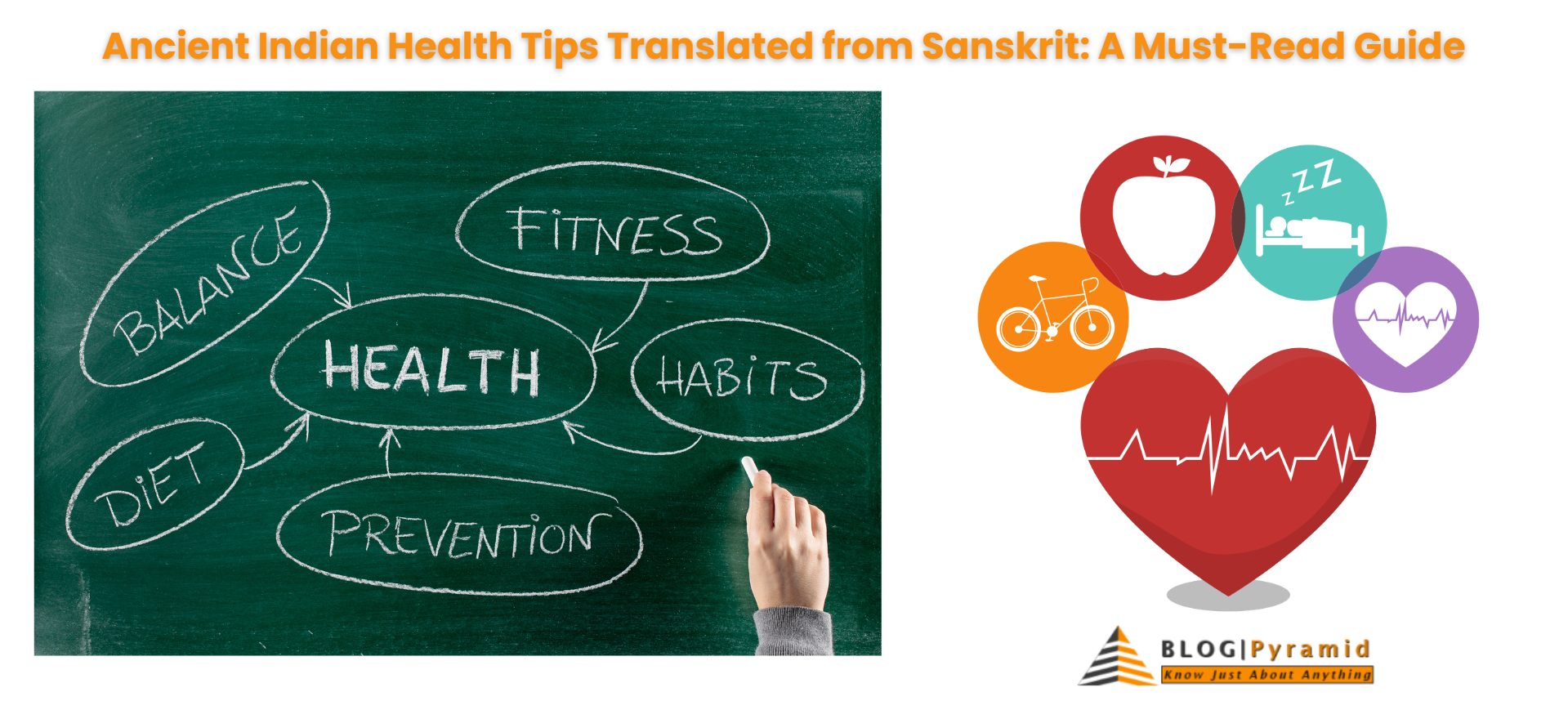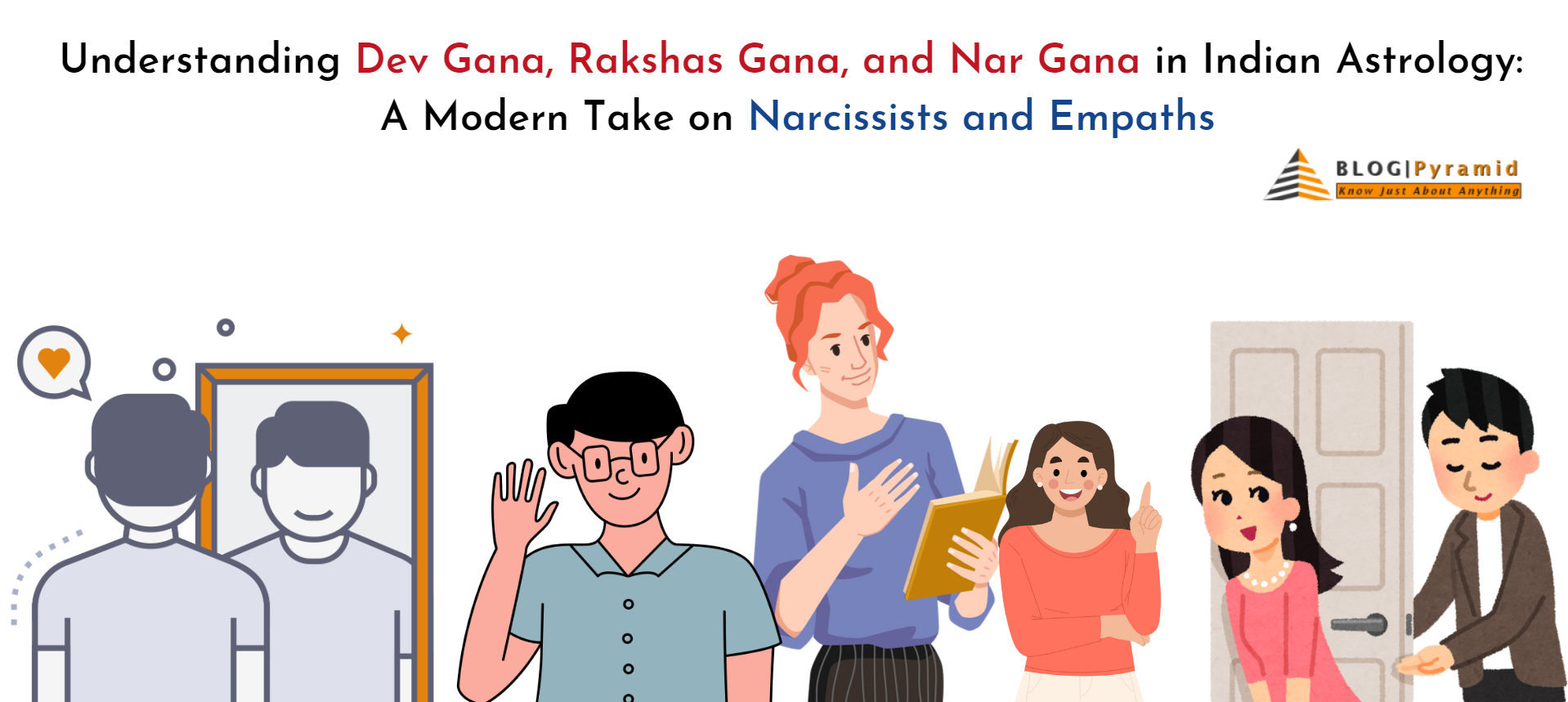
STROKE
A stroke is the rapidly developing loss of brain functions due to a disturbance in the blood vessels supplying blood to the brain. This can be due to ischemia (lack of blood supply) caused by thrombosis or embolism or due to a hemorrhage. As a result, the affected area of the brain is unable to function, leading to inability to move one or more limbs on one side of the body, inability to understand or formulate speech or inability to see one side of the visual field. In the past, in most health departments, stroke was referred to as cerebrovascular accident or CVA, but the term “stroke” is now preferred.
A stroke is a medical emergency and can cause permanent neurological damage, complications and death if the patient is not immediately rushed to the nearest health care center.
Factors causing stroke:
- Arterial Hypertension
- Cigarette smoking
- Diabetes
- Hyperlipedaemia
- Polycythaemia
- Thrombocythaemia
- High alcohol intake
- Positive family history
- Oral contraceptives
- Trauma








